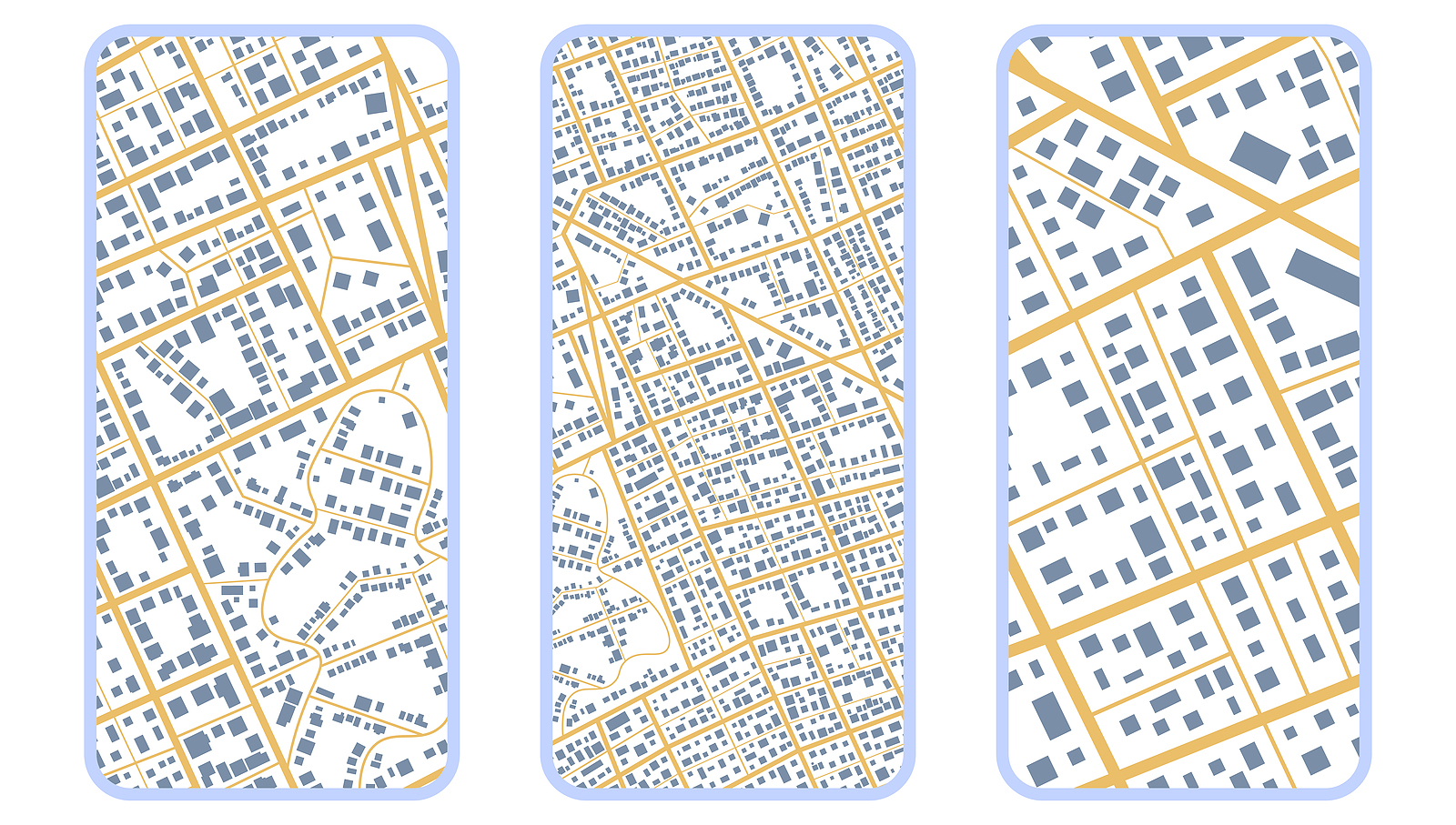Imagine this situation: You have received a notice of violation from your HOA concerning weeds in your front yard. However, without clear fencing or any other markers, how can you be sure that the area in question is indeed your property and not your neighbor’s?
The solution, in most cases (though not always), lies within the extensive packet of documents from your property’s closing process. Do you still have those documents?
For many homeowners, deciphering these closing documents can feel like trying to take a sip from an open fire hydrant. But don’t worry; we’re here to guide you through practical methods and resources that will help you determine and establish your property boundaries.

Start with your deed and survey
To locate your property’s precise boundaries, consult your deed and survey documents. The deed offers a written account of your property’s limits, while a survey provides an exact land map. Begin by examining these documents, as they typically contain measurements, distinctive landmarks, and pertinent details that will assist you in pinpointing your property lines.
Andie Huber, with This Old House, suggests, “Most mortgage lenders require prospective homeowners to have a current survey, and your title insurance also depends on it. If you bought your home recently but don’t have the survey, contact either company to see if they have a copy on file.”
What happens if you still can’t get your hands on the survey and can’t make heads or tails of the deed’s description?
Look for boundary markers
Boundary markers, such as metal stakes or concrete monuments, surveyors use to demarcate property lines. Begin by exploring your property’s perimeter and watch for any visible markers.
These markers may be buried underground, so gently probing the soil around the suspected area can help you locate them.
Be careful when digging. Utility lines are often buried as well. If you fear hitting a gas line or something else, dial 811 on your phone. This is a national number created by the Federal Communications Commission (FCC). There is no charge to call; they will help you from hitting these hidden, underground hazards while digging.

Talk to your neighbors
A friendly conversation with your neighbors can be surprisingly helpful. They might know about the property boundaries or have conducted a past survey.
Sharing information and experiences can provide additional insights and help you understand your property lines.
Check local records and government offices
Local government offices, such as the county clerk’s or assessor’s office, often maintain property records. These records may include maps, plats, or previous surveys that can assist in identifying property lines.
Visit these offices or check their websites to access relevant information. Some counties even have online databases that allow you to search for property records using your address.
Use online mapping tools
Advancements in technology have made locating property lines easier than ever. Several online mapping tools, such as Google Earth, can roughly estimate your property’s boundaries.
While these tools may not be as accurate as professional surveys, they can give you a general idea to start with. Additionally, some counties have online mapping systems offering more precise boundary information.

Hire a professional surveyor
Hiring a professional surveyor is the way to go if you need precise and legally binding information. Surveyors use specialized equipment to accurately measure and map property boundaries.
The national average cost to hire a surveyor is Homeowners report that the average land survey costs around $516. The low end of the price range is $200, and the high end is $1045, according to HomeAdvisor.com.
The surveyor will conduct a thorough survey of your property, locate existing markers, and may even install new markers if necessary. While this option incurs a cost, it provides the highest certainty regarding your property lines.
Ensure that the surveyor you hire is licensed and insured.
Locating your property lines is crucial for understanding your land clearly and avoiding potential conflicts with neighbors or your HOA.
While some methods can give you a rough estimate, consulting professional surveyors and relevant local authorities will provide the most accurate and legally binding information.
**
Buy or Sell – Our pledge is to make your Real Estate dreams come true
Make Sure to Check out our VALUABLE FREE REAL ESTATE RESOURCES: EBOOKS, CHECKLISTS, GUIDES FOR BUYERS, SELLERS, RENTERS AND INVESTORS
Real estate can be a complex and ever-changing industry, which is why the team at www.homesinsdcounty.com is committed to staying informed and up-to-date on the latest market trends and innovative strategies. Whether you’re looking to buy your dream home or sell for top dollar, we can provide you with the knowledge, expertise, and support you need to achieve your goals.
Ready to buy or sell a property? Don’t navigate the maze alone – give us a call today and let us guide you every step of the way. Don’t wait, contact us today! 🏠👍
We are also here to help you with any questions or needs you may have in any City or State in the USA. We work with an Amazing Team of Agents throughout the USA and Globally – We Can connect you with a reliable member of our National network if you need one.
If you have friends, family or neighbors who are considering buying or selling a home, we at HomesinSDCounty would love to assist them. And please don’t hesitate to call me if there’s anything we can do for you!
Homes in San Diego – Find Local San Diego houses and Real Estate for Sale or Rent – Homes in San Diego County | Coldwell Banker Realty. Raise your hand and let us make your real estate dreams a reality! 🏡🌟
– . . ** ** ** . .
#SanDiegoCounty, #sandiegorealestate, #LuxuryRealEstate, #SanDiegoRealEstateAgent, #LuxuryHomeMarketing in San Diego, #SanDiegoCountyRealEstate, #BuyandSellHomes in San Diego, #SanDiegoRealEstateMarketTrends, #SanDiegoRealEstateExperts, #SanDiegoRealEstateProfessionals, #SanDiegoRealEstateListings, #SanDiegoHomesforSale, #SanDiegoHomesforRent, #SanDiegoRealEstateNews, #SanDiegoRealEstateBlog, #SanDiegoRealEstateTips, #LuxuryRealEstateMarket,
. . ** ** ** . .



